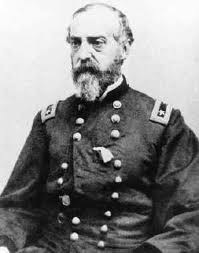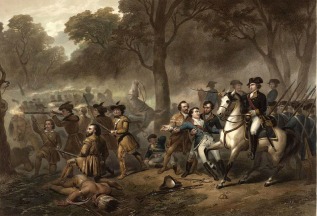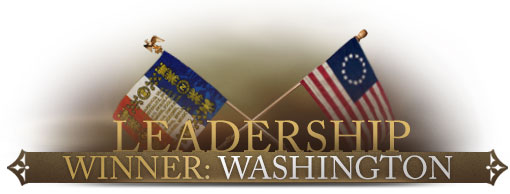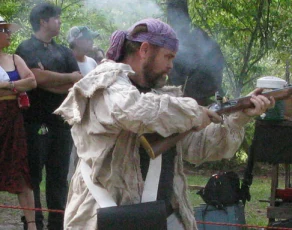Tags
Allen Guelzo’s sermon style talk on Gettysburg and its meaning is both thorough and entertaining. Guelzo convincingly argues that had Robert E. Lee won the battle, the South would of marched into Washington and forced peace negotiations and Southern independence. Yet, Guelzo argues that the South’s defeat at Gettysburg was in essence it’s “Waterloo moment”.
Victory at Gettysburg came despite the leadership of the timid and unremarkable General Meade. How did he accomplish the most famous victory of the war against a superior Robert E. Lee? The answer is that he had a group of tenacious subordinate Generals who pulled him away from his overcautious McClellan like tendencies. It was these unsung generals who uncompromisingly pushed forward to defeat Lee and save the Union.
Yet Guelzo’s analogy to Waterloo falls a little flat. He ends the talk with the comment “Waterloo? What’s Waterloo?”.
Well, it wasn’t Gettysburg thats for sure.
For one thing, had Napoleon won Waterloo, he would not of been able to force peace like Lee hoped to accomplish. Waterloo was the first in what would of been a series of desperate battles to retain Napoleon’s power. Unlike Lee, had Napoleon won the battle, he still had a million mustered soldiers to face. The Prussians and the Russians were coming, and there would be no singular smashing victory that would sway popular opinion and force peace. Napoleon did not have the luxury of fighting against a democracy in Europe.
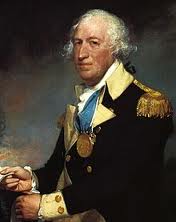 If I were to humbly suggest a comparison to Gettysburg from an earlier historical battle, I would suggest Saratoga.
If I were to humbly suggest a comparison to Gettysburg from an earlier historical battle, I would suggest Saratoga.
Like Meade, Horatio Gates managed to pull off a victory despite his caution and passivity. And it was Gates’ subordinate Generals that would ultimately gain the credit for victory. Benedict Arnold and Daniel Morgan’s dogged determination (with the help of the American Rifle) guided the Americans to victory.
The political and military consequences of Saratoga and Gettysburg were also similar. In both cases the enemy’s back had been broken.
In the case of the South, they would never mount an offensive campaign in the North again. The window to influence political opinion before the election had closed. Those in the North clamoring for peace and conciliation would take a back seat to the war hawks like Lincoln who demanded unconditional surrender.
For the British, the loss at Saratoga turned a small regional rebellion into a world war. The victory convinced France to formally ally with the Americans and declare open war with the British Empire. Not only did the loss eliminate a large British contingent in America, it also further diluted British resources in the region as they stretched their military across the globe to defend against the new French threat. At this point, the war in America almost became a second thought. Britain would never again be able to fully focus its military might against America.
In conclusion, i content Gettysburg’s significance had more in common with Saratoga than Waterloo. What was at stake was a military and political killing blow, not a last ditch defensive effort gone wrong. Where Guelzo suggests Lee and Napoleon on the losing end, I humbly counter with Meade and Gates on the victorious end.
Would love to hear others thoughts on this!

